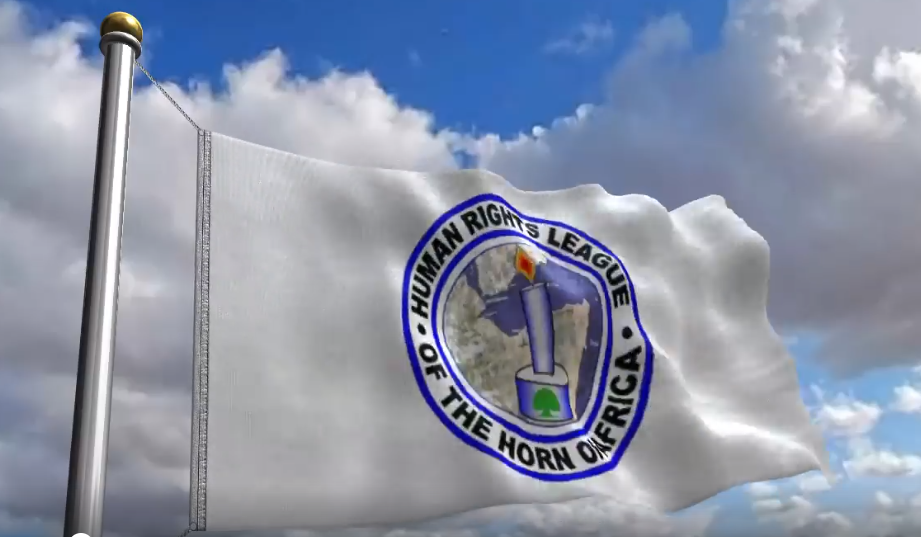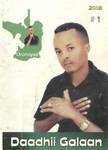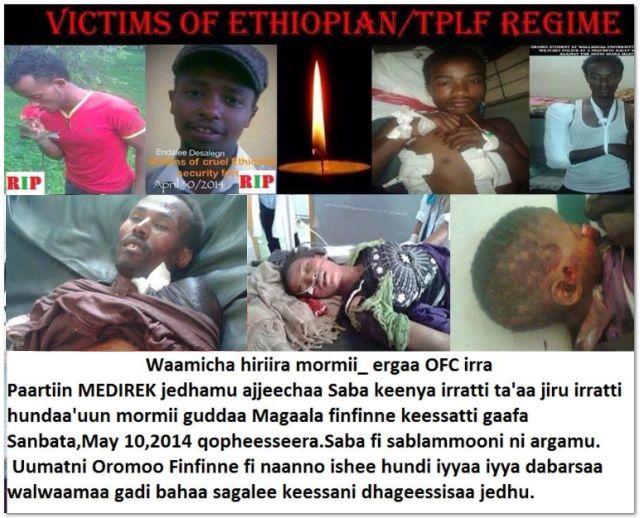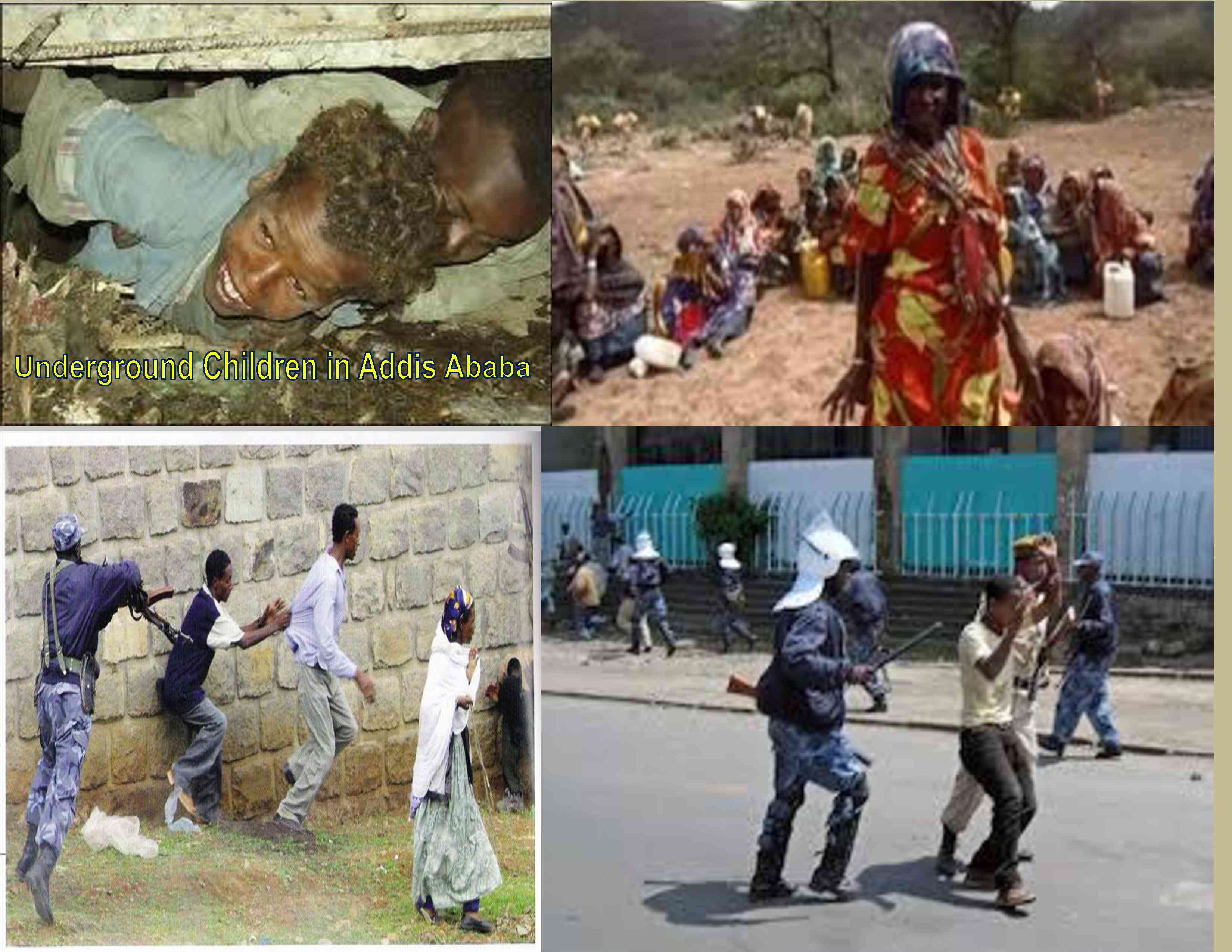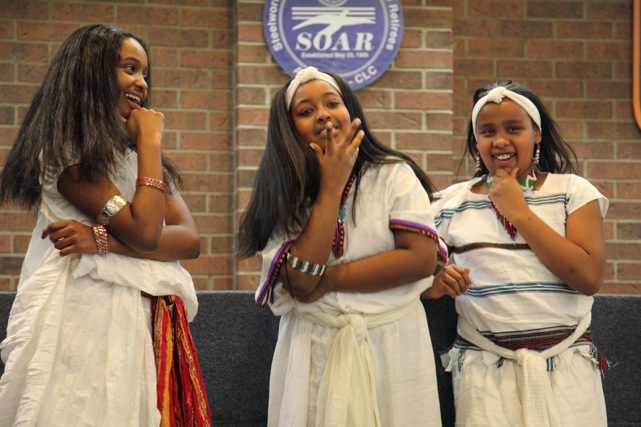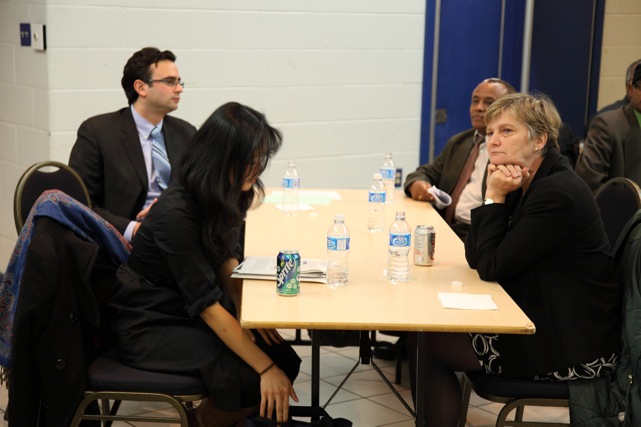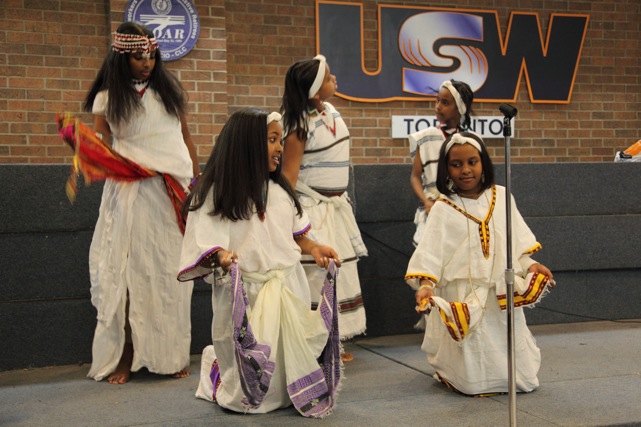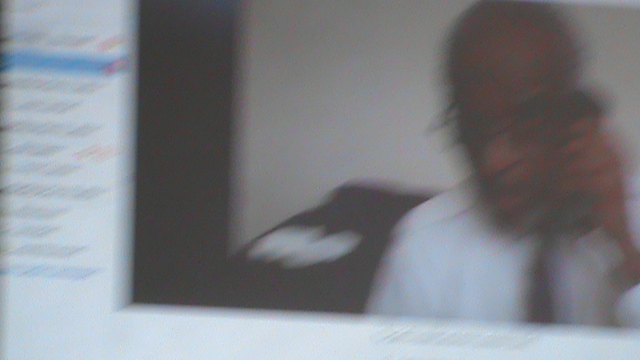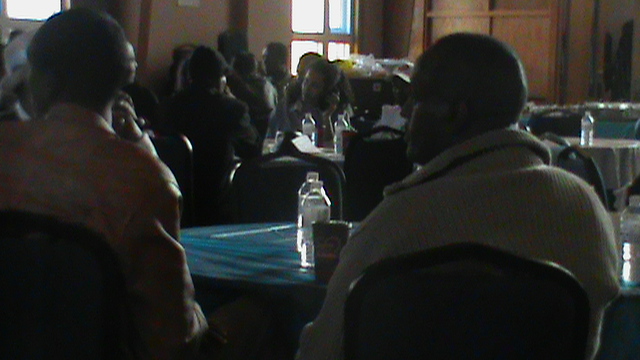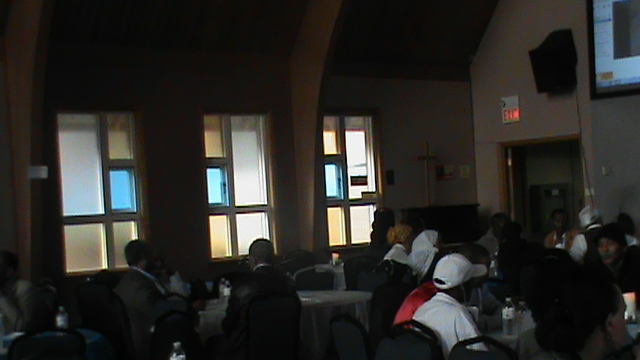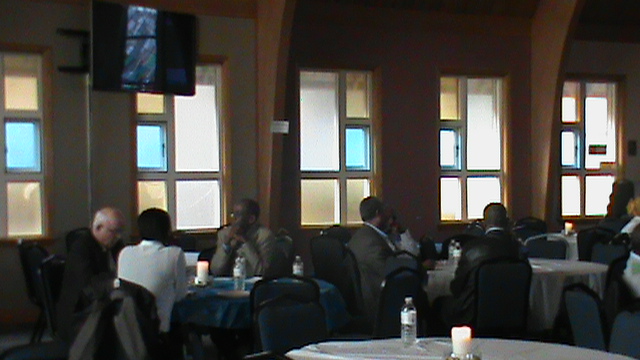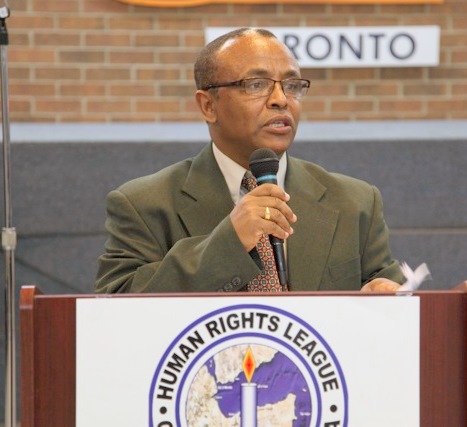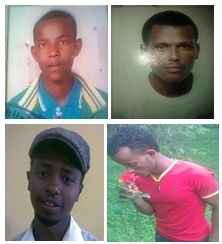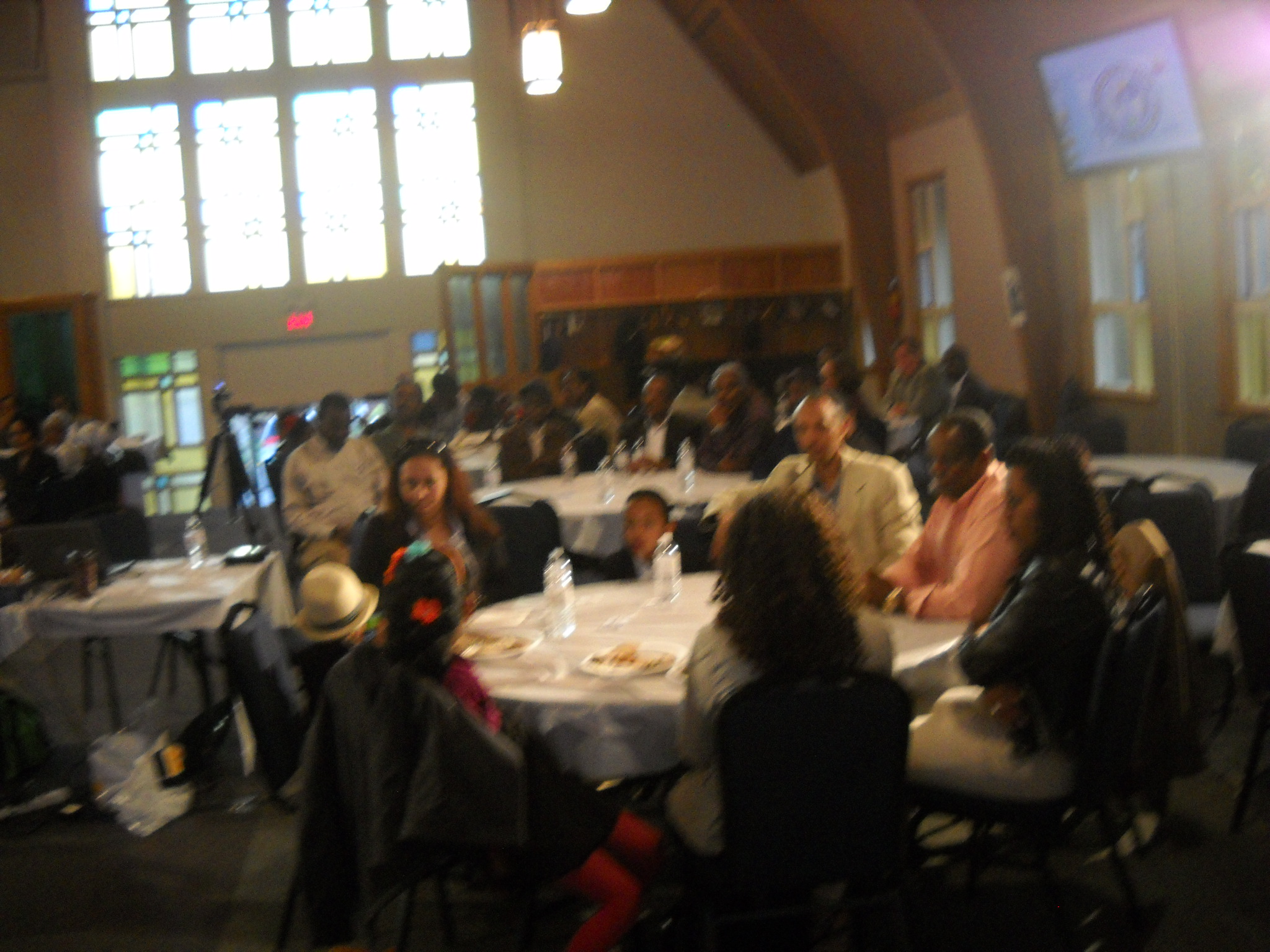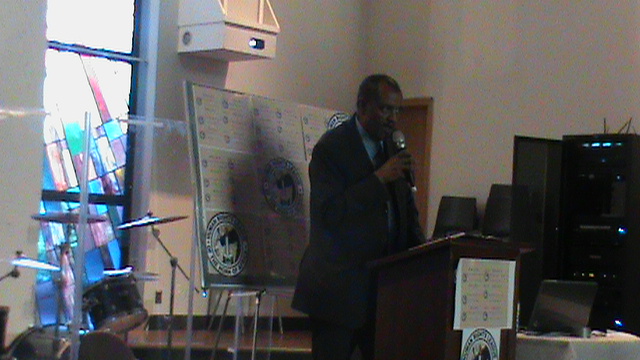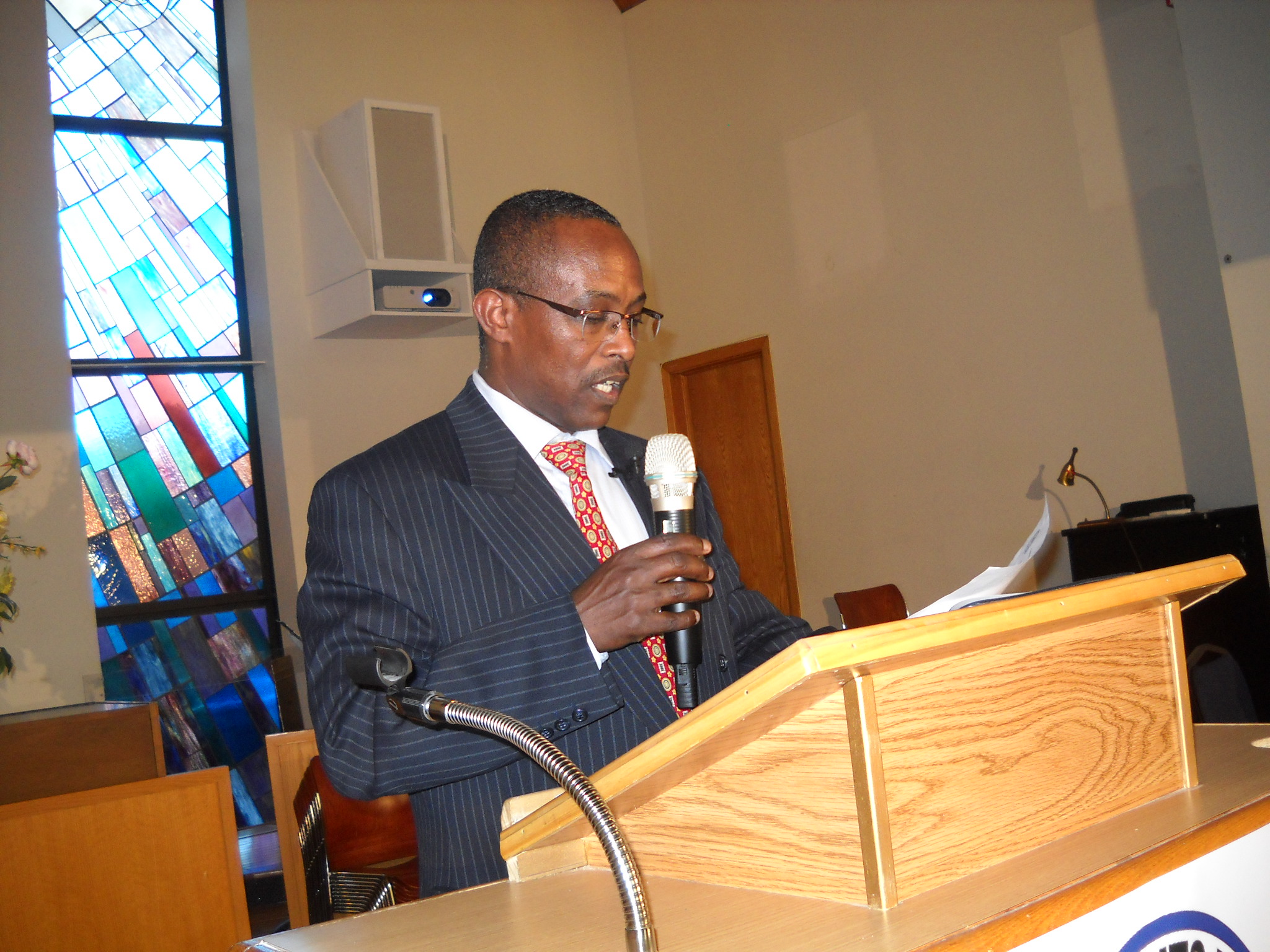Human Rights Violation in Ethiopia
PRESS RELEASE– September 5, 2011As part of the most recent violence against citizens in general and the Oromo people in particular, which has already resulted in the incarceration of hundreds of Oromo nationals, dozens of other Oromos have been extra-judicially arrested and sent to prison in the past month August by the Ethiopian Government security forces..
Although this act of violence by the EPRDF-led Ethiopian government against its own people is persistent and the number of victims is always growing, HRLHA has managed to obtain the names and some identities of the following individuals through its correspondents:
- Mr. Caala Hailu, a professor/teacher at Adama University, arrested in Adama on the 29th
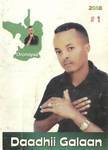 of August, 2011,
of August, 2011, - Mr. Daadhi Galaan, an artist and singer, arrested on August 27, 2011 in Adama,
- Mr. Laggasaa Detti, arrested on the 28th of August, 2011 at a place called Ginchii on his way to Addis Ababa from Gindabarat, a town in Western Showa,
- Mr. Mulugeta Riqutuu, a teacher, a Member of Mecha and Tulama welfare Association executive Director, arrested along with Mr. Daadhi Galaan on the same date at the same time and place,
- Darajje Daballi, student at Adama University, arrested in Najjo Town, western Oromia, just as he arrived at his parents’ home in the town for his summer vacation,
- Zemachu Mekonnin, student of Adama University, arrested and taken away on the 27 of August, 2011, as he arrived at his parent’s home in Dambi Dollo similarly for his vacation,
- Gammachis Yoseef, another student from Adama University, arrested around the beginning of August,
- Sisay Sarbessa, third year student of Information Technology at Addis Ababa University, Member of Mecha and Tulama welfare Association,
- Garbaabaa Gaaddisa, an employee of Oromia Bureau of Water Develoopment, arrested at his place of work,
- rtist Dadhi Galan arrested in Bishoftu,
- Gachana Aseffa from West Shewa zone,
- Abdisa Sori arrested in Ada’a Barga District,
- Sirnessa Abera arrested in Ada’a Berga District,
- Mesay Girma, driver with others whose names is not identified yet.
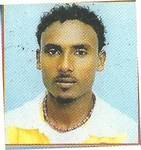
 Mr. Chala Hailu Mr. Mesay Girma
Mr. Chala Hailu Mr. Mesay Girma
Although all of these Oromo nationals were arrested at the beginning by security agents of Oromia Regional State, HRLHA has learnt that they have later been handed over to the federal agents for reasons that are not clear to families of the victims and/or other interested groups. Besides, other than the unconfirmed reports that these Oromo nationals are being held at Ma’ikelawi Central Office of Investigation, none of the families or friends of those victims have been able to communicate with any of them. There are also reported cases of tortures among those Oromos, particularly against Student Zemachu Mekonnin. As a result, HRLHA is highly concerned about the safety and well being of those victims of government’s extra-judicial actions.
Therefore, the HRLHA calls on the Ethiopian EPRDF Government to allow the due process of law to take place, if those individuals are really suspected of committing any kind of crime; and, if not to release them unconditionally.
HRLHA also calls up on local, regional, and international diplomatic and human rights agencies to continue exerting pressures on the Ethiopian government to stop harassing and intimidating its own citizens especially for attempting to exercise their fundamental political rights which are believed to have been granted by the country’s constitution.
HRLHA would also like to take this opportunity to bring to the attention of local, regional, and international communities the previous similar cases of extra-judicial arrests and imprisonments, as a result of which hundreds of Oromos and nationals of other ethnic groups are languishing behind bars.
HRLHA is a non-political organization which attempts to challenge abuses of human rights of the peoples of various nations and nationalities in the Horn of Africa. HRLHA is aimed at defending fundamental human rights including freedoms of thought, expression, movement and organization. It is also aimed at raising the awareness of individuals about their own basic human rights and that of others. It has intended to work on the observances as well as due processes of law. It promotes the growth and development of free and vigorous civil societies.
